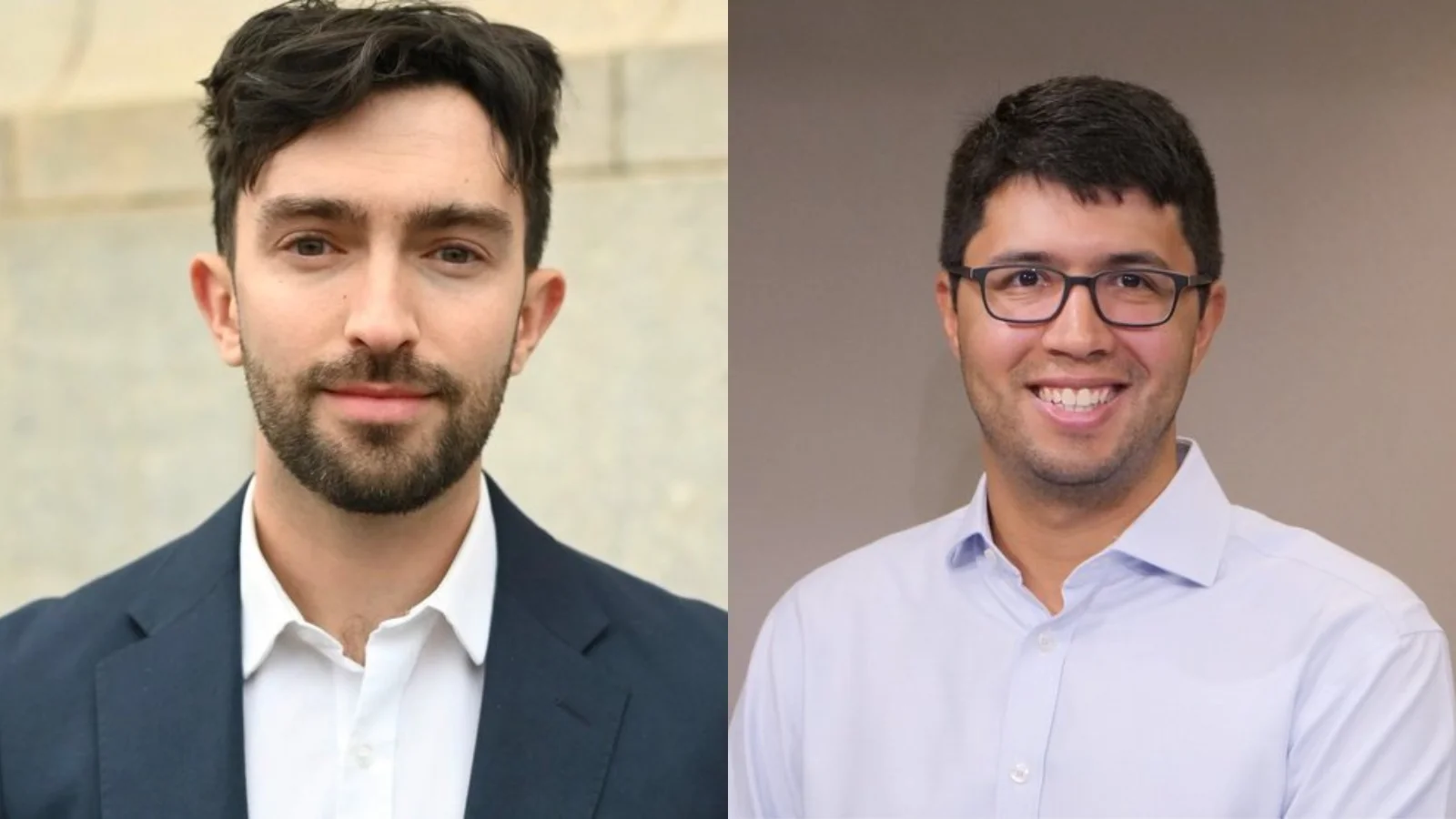Will Freeman and Steven Holmes, research fellows at the Council on Foreign Relations (CFR), have highlighted a shift in revenue sources for Latin American criminal groups. According to their commentary published on November 15, these groups are increasingly generating more income from illegal gold mining than from the drug industry.
"Colombia's criminal groups make over half their revenue from illegal gold mining," said Freeman and Steven Holmes.
The CFR research fellows state that Latin America's illegal gold trade has surpassed drug trafficking as a primary income source for many criminal organizations, posing threats to U.S. national security. They report that Colombia's criminal groups now derive over half of their income from illegal mining activities. Additionally, authoritarian regimes in Venezuela and Nicaragua are said to exploit gold profits to secure military loyalty and fund oppressive activities. The increase in global gold prices is driving this boom in illegal mining, strengthening the abilities and influence of drug cartels. "The price of an ounce of gold has increased nearly sevenfold over the past two decades," Freeman and Holmes said.
Freeman and Holmes also note that illegal Latin American gold is present in the U.S. market. Over the past decade, U.S. firms have purchased billions of dollars worth of illicit gold, some of which has funded shell companies linked to environmental crimes. Initiatives like the Amazon Region Initiative Against Illicit Finance are seen as steps forward in curbing the purchase of illegal gold. Legislative proposals such as the United States Legal Gold and Mining Partnership Act aim to address these gaps by improving intelligence sharing, regulating supply chains, and aiding Latin American enforcement efforts. The authors suggest international cooperation is necessary and recommend that the U.S. make environmental crimes "predicate offenses for money laundering."
According to the Pulitzer Center, Heverton Soares Oliveira, known as "Grota," initially appeared as a businessman in Pará, Brazil, with investments in mining, farming, and cattle ranching. However, Federal Police investigations found him to be an alleged leader of a criminal enterprise blending drug trafficking with illegal gold mining—a scheme dubbed "narcogarimpos." Grota’s network reportedly laundered over $1 billion through clandestine airstrips and front companies between 2017 and 2020 while smuggling gold and cocaine. Operation Narcos Gold was launched in 2021 linking Grota to corrupt officials, drug cartels, and money laundering schemes; however, legal battles have slowed his prosecution.
Freeman is identified as a fellow for Latin America studies at CFR according to their website, while Holmes serves as a research associate for Latin America Studies at CFR.





